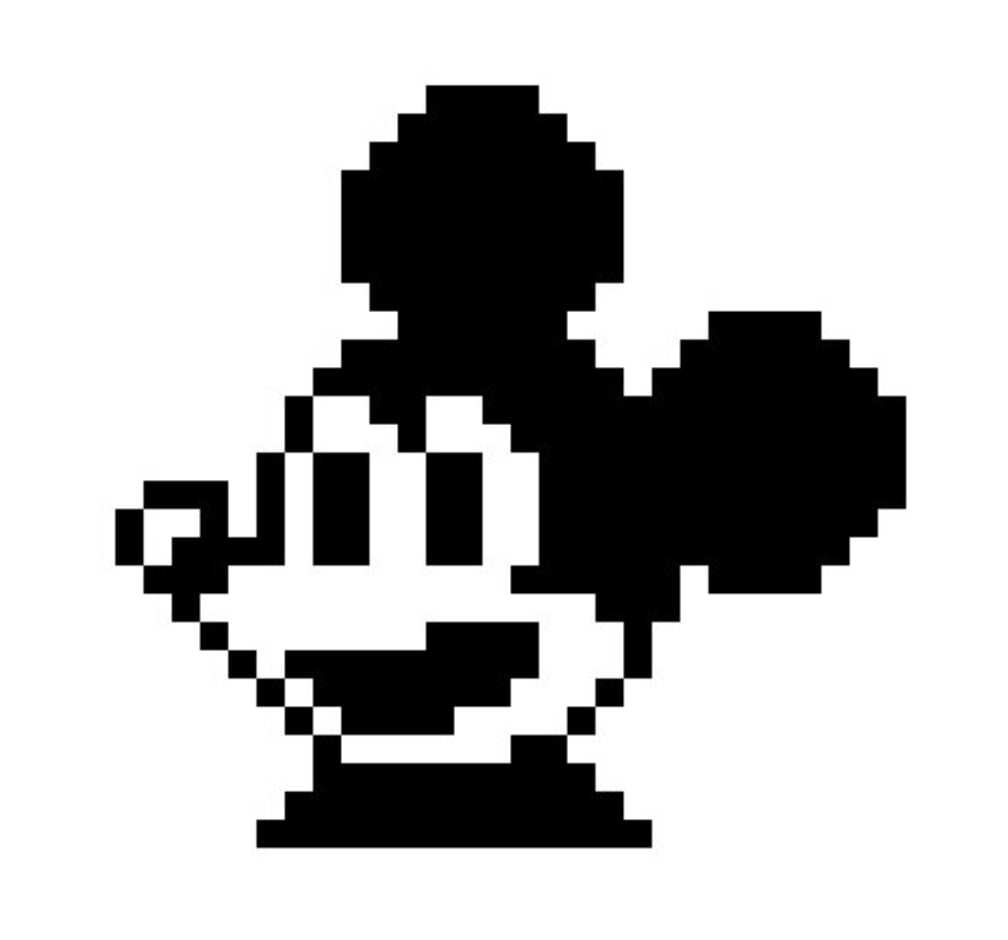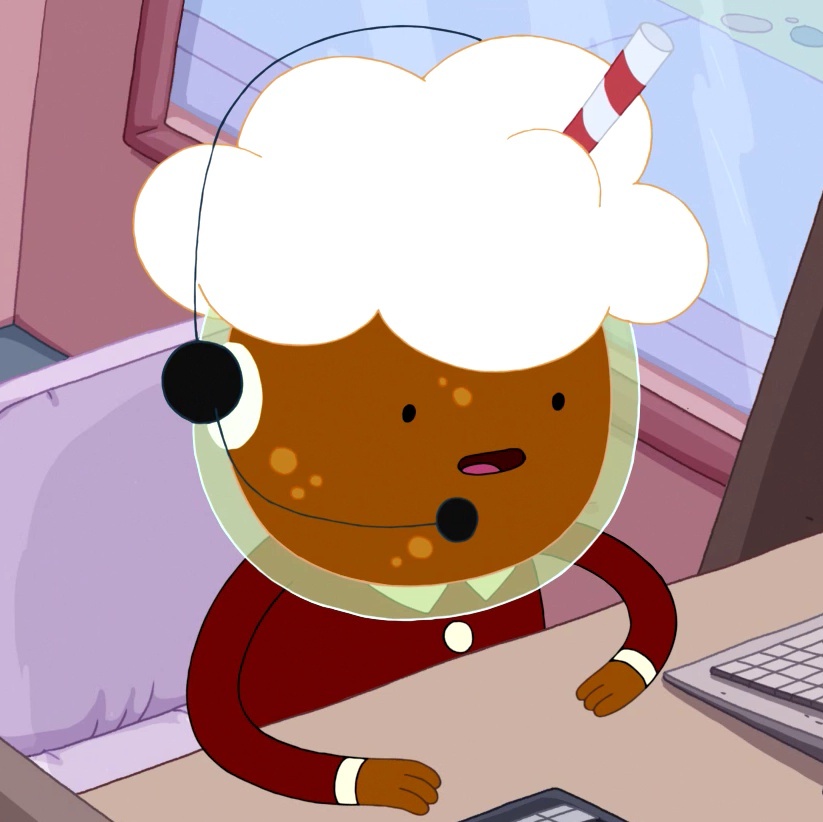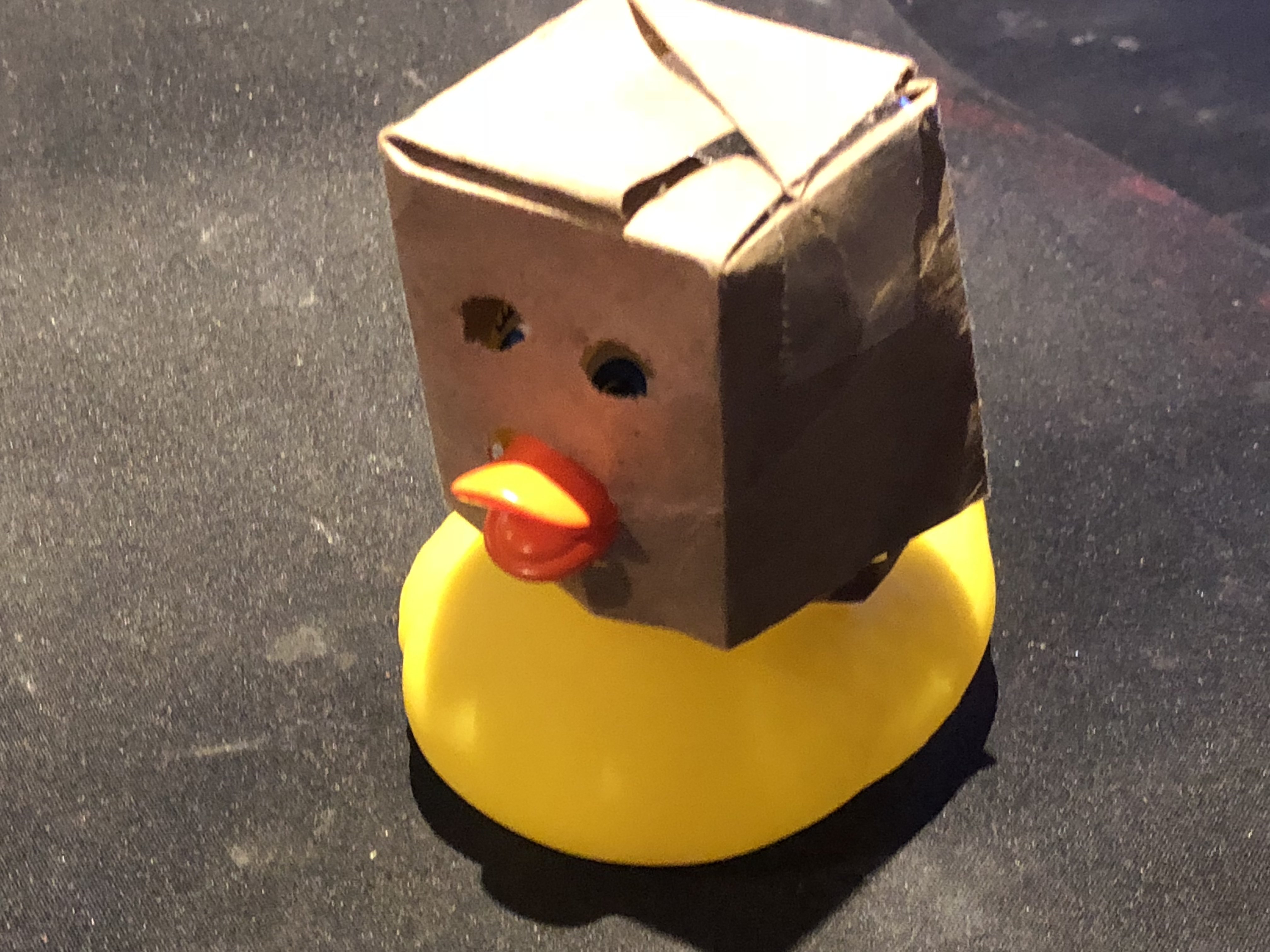As joking about German words works incredibly well in English, here’s the original:

There you go. Now you can be sure that the joke’s just as funny as originally intended.
That lettering is just terrible.
Yeah I still don’t know what the word is because I couldn’t read it in any panel it appeared in (assuming it was the same word each time, I have no idea)
Keck and kek
I find it easy to read, but in terms of constructive feedback I would try to write the letters larger. As there’s a lot of whitespace in the speech bubbles, the text could be made quite a bit bigger without even needing bigger bubbles.
Thanks for the feedback, I’ll work on that. Usually, the panels are meant to be looked at one by one, like a gallery that you swipe through or something, which would make the text bigger as well, but Lemmy doesn’t seem to support that, so it’s the full comic in one image, which may be part of that issue. But yeah, I’ll try to improve the text.
I tend to tell myself that some day I’ll improve my handwriting, but I guess I’d just rather just demand gallery-style lemmy posts to increase the size of the panels instead because that requires much less work than actual self-improvement on my side.
I assume you are the artist. I actually like your art style, colors and characters. The issue is the lettering makes your comic less accessible. I think you are losing potential audience for what otherwise would be a fun comic.
Yeah, I am. I’ll work on that.
Context being required to know what a word means? I give you English:
Bark, bank, bat, bear, bolt, bow, box, break, can, chair, change, charge, check, chip, clip, club, cold, crane, date, deck, die, down, dress, fair, fall, fast, file, fine, firm, fit, fly, foot, foul, jam, kind, lean, left, light, lie, like, match, mean, minute, mold, nail, novel, park, part, pen, plane, pound, race, right, rock, rose, scale, seal, spring, square, stalk, staple, stick, strike, tender, tire, trip, type, watch, wave, well, wind, yard.
Didn’t know it means loser for rappers. Guess that means I am either online gamer or old.
possibly booth. WoW was released in '04.
For those wondering, The game would use a shift cipher on chat. when chatting between factions, you wouldn’t be able to read it. Well. except we were nerds and they used the same shift cipher. for horde players saying LOL, alliance players would see KEK. so addons existed that could ‘translate’ back and forth.
The reasoning was that cross-faction, eh ‘comunication’ was mostly taunting and shit.
Probably from Turkish, where “kek” means “cake” but also is slang for “gullible”. When you get kek’d, for example, it means you just got got.
Kek came from the game not allowing cross faction communication. When horde said lol, the game spelled kek for the Alliance
The reverse is “bur”, right? Not sure if I remember correctly.
Yeah, but try to fit that into that single panel… The writing is enough of an issue already ;)

Would’ve been better if you hinted that the mother was German too. Like, have him refer to her as “Oma” or something.
Like, idk about where, but in American English, if you’ve got a 1st-gen grandparent, a lot of English-only kids refer to them by the terms in their grandparents language. Especially Greeks, Germans, and Latin-Americans.
Wow, didn’t know that! Might just fix it later, thanks for the input!
I think most Americans know who Oma, Abuela, and Ya-Ya are, just from cultural immersion. Can’t speak for the rest of the world.
The last appearance of “Keck” I came across:
Doch auch am nächsten Tach - ach, du Schreck! -
wird ab acht wieder keck das Dach gedeckt.
https://www.youtube.com/watch?v=YPv1FTSmYNokekekekeke
Kek is used instead of lol on 4chan a lot.
Cryptographers use it for “key encryption key”, and they’re a subtype of nerd
How do you say “jauntily”? Kecklich?
It’s also keck. You can say “Die Kinder schauen keck hinter dem Busch hervor.”
-Lich is a cognate to -ly, but more in the friendly or manly sense. German adjectives can generally be used as adverbs, just without declining them (changing the ending). -Weise is also used for adverbs only, but using that too often outs you as a non native speaker (from a non native speaker, studying to be a German teacher)









